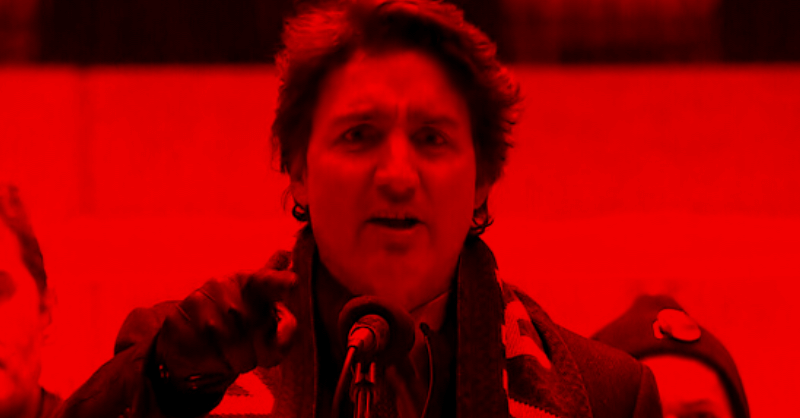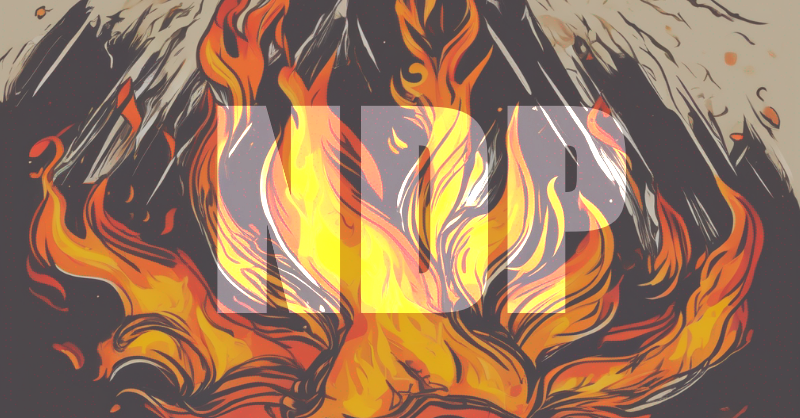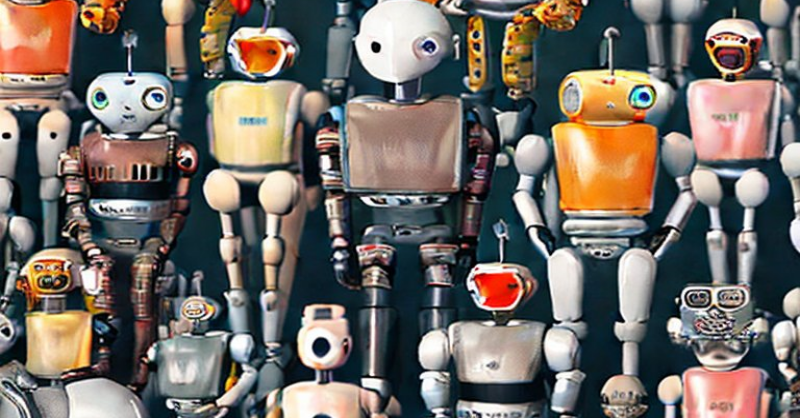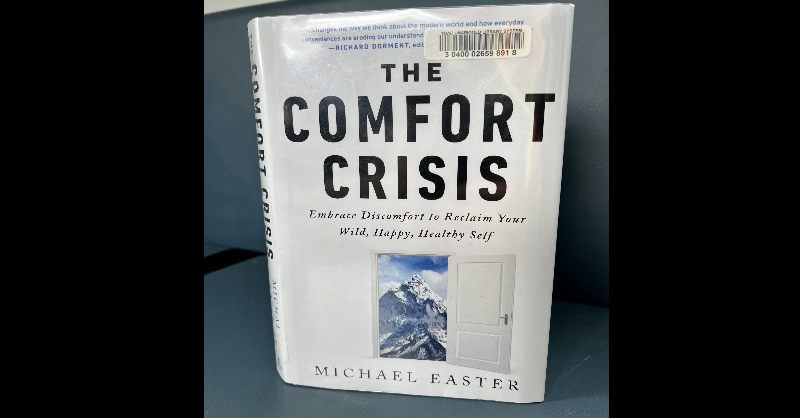
DEVON KASH
Investing: This Industry Is Set For Massive Growth
With women now making up more than 30% of the market and growth set to exceed $400 billion by 2030, this industry is a long-term winner.


DEVON KASH
With women now making up more than 30% of the market and growth set to exceed $400 billion by 2030, this industry is a long-term winner.

RYAN TYLER
This could transform the province into a world wonder and an economic powerhouse, but will its sleepy residents agree?

NICK EDWARD
As many who flee are healthy men, we seem quick to cast judgment on some Ukrainian refugees.

ALLAN RAY
The new year is a perfect time to take your emotions out of your decision-making. Learn how.

POSTCANADIAN
Download or listen to all the latest episodes.

RYAN TYLER
If these countries haven't been able to achieve self-sufficiency after everything we have spent, too bad.

NICK EDWARD
Never mind what they're doing and thinking, focus on yourself. Your own goals, aspirations and progress should matter more than anything else.

RYAN TYLER
Its long list of health benefits might have made some people angry.

GRANT JOHNSON
Take Back Alberta is laser focused on protecting children from the depravity that is infecting our society.

DEVON KASH
Many will argue that fluoride occurs naturally in everything, but this type of fluoride does not.

RYAN TYLER
Little has changed since Elon Musk took over the platform formerly known as Twitter.

RYAN TYLER
The prime minister might be on a mission to punish everyone, including his own party.

GRANT JOHNSON
Starting in Alberta, conservatives must act to eradicate the dangerous and degenerate ideology of socialism.

RYAN TYLER
Peaceful protesters and political dissidents are being punished, while child rapists roam free.

STEVE PARKER
Voters in Burlington need to get the job done.

GRANT JOHNSON
Stocking up on gold could save you in hard times. It has proven itself as a reliable hedge against inflation.

RYAN TYLER
As she escapes the matrix, we encounter some old-fashioned messages and themes.

THOMAS CARTER
He was popular and a favourite to replace a disqualified Trump, until he wasn't.

ALLAN RAY
For some odd reason, they like to defend predators and downplay trafficking.

RYAN TYLER
We've been doing it wrong for hundreds of years and it doesn't look like we are going to stop.

DEVON KASH
Concerns about people having their incomes cut off for wrong-think under a UBI are legitimate.

NICK EDWARD
Weaponized Pride has created a more hostile environment for the LGBTQ movement.

ALLAN RAY
A hypothetical discussion is being had among some fringe activists and academics about erasing the word.

JOHN MILLER
This is a review of the book by Michael Easter.

RYAN TYLER
Since 1977, conservatives have been outnumbered in Manitoba. They need to make a big decision.